Water is a vital component in many manufacturing processes. In some instances (eg electronics) there is a need for access to ultra-pure water, while for all industries there needs to be some assurance of an uninterrupted supply of appropriate quality water. Wherever possible, water intensive manufacturing industries will locate their operations close to abundant water supplies. However, where other issues are important – eg other raw materials or skilled labour – water can become a much more critical issue. For example, the October 2011 flooding in Thailand disrupted the global centre for manufacture of semiconductor components –with resulting knock-on effects that hit not only computer sales, but also production of cameras, DVD’s, set-top boxes, and automobiles. NERC science has contributed to better understanding of which areas are at greatest risk from flooding. Similarly, the manufacturing industry was preparing from water restrictions should the 2010-12 drought in southern UK have continued through to a third winter. Many manufacturing sites now operate closed loop systems that minimise the total use of water, with recycling processes designed to achieve zero discharge of any water to mains sewers or to the natural environment.
Water is both an essential resource, and a potential risk, to the extractive industries. A secure source of water is essential for many mining and quarrying sites – being used in extraction, washing and processing of mineral products. Flooding is also a major risk to mining and quarrying operations, while continuous dewatering are one of the major operating costs for the industry. Similarly, droughts and related water restrictions can curtail operations. At a global scale, information that is developed by NERC concerning long term trends in water availability and frequency of extreme events provide information to guide industry investment decisions. The industry works is bound by demanding environmental regulations that set abstraction rates, waters quality standards for run off from operating sites, impacts upon adjacent ecosystems, and how water is managed after those operations have ceased.









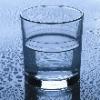
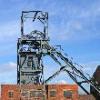
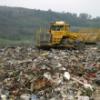
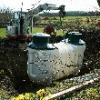
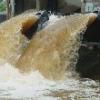
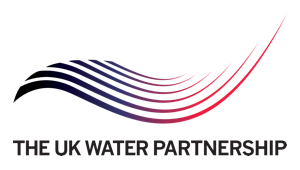 The Water Security Knowledge Exchange Portal supports the objectives of the
The Water Security Knowledge Exchange Portal supports the objectives of the 